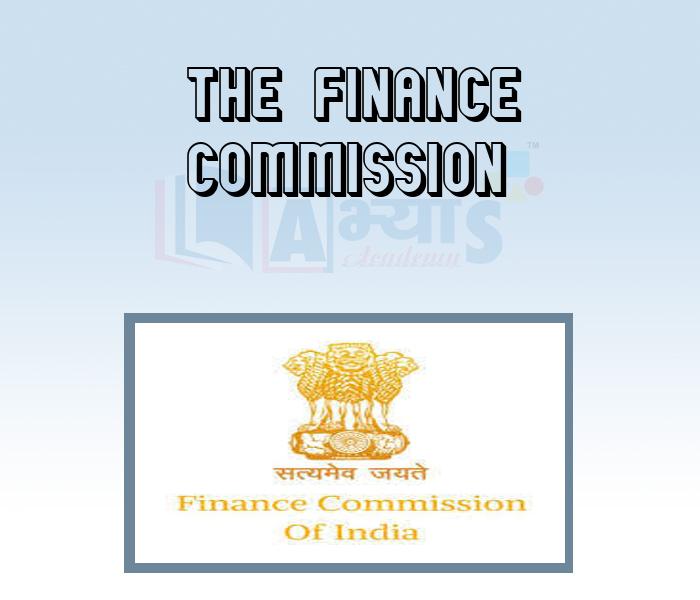The Finance Commission

The Finance Commission
The Finance Commision: The Constitution of India provides for the establishment of a Finance Commission for the purpose of allocation of certain resources of revenue between the Union and the State Governments. The Finance Commission is established under Article 280 of the Constitution of India by the President.The qualifications, powersand procedures of the Commission itself are regulated by the Finance Commission (Miscellaneous Provisions) Act 1951. Such Commissions are deemed to be civil courts for the purposes of the Code of Criminal Procedure 1898.
The Finance Commission is constituted to define financial relations between the Centre and the States. Under the provision of Article 280 of the Constitution, the President appoints a Finance Commission for the specific purpose of devolution of non-plan revenue resources.
Functions: Under Article 280 of the Constitution, the Finance Commission is required to make recommendations to President in respect of:
1. The distribution of net proceeds of taxes to be shared between the Centre and the States, and the allocation between the States, the respective share of such proceeds
2. The principles, which should govern the grants-in-aid by the Centre to States out of the Consolidated Fund of India
3. The measures needed to augment the consolidated fund of a State to supplement the resources of the Panchayats and the Municipalities in the state on the basis of the recommendations made by the State Finance Commission
4. Any other matter referred to it by the President in the interests of sound finance
Students / Parents Reviews [10]
It was a good experience with Abhyas Academy. I even faced problems in starting but slowly and steadily overcomed. Especially reasoning classes helped me a lot.

Cheshta
10thMy experience with Abhyas academy is very good. I did not think that my every subject coming here will be so strong. The main thing is that the online tests had made me learn here more things.

Hiya Gupta
8thAbhyas is a complete education Institute. Here extreme care is taken by teacher with the help of regular exam. Extra classes also conducted by the institute, if the student is weak.

Om Umang
10thBeing a parent, I saw my daughter improvement in her studies by seeing a good result in all day to day compititive exam TMO, NSO, IEO etc and as well as studies. I have got a fruitful result from my daughter.

Prisha Gupta
8thMy experience was very good with Abhyas academy. I am studying here from 6th class and I am satisfied by its results in my life. I improved a lot here ahead of school syllabus.

Ayan Ghosh
8thIt was good as the experience because as we had come here we had been improved in a such envirnment created here.Extra is taught which is beneficial for future.

Eshan Arora
8thOne of the best institutes to develope a child interest in studies.Provides SST and English knowledge also unlike other institutes. Teachers are co operative and friendly online tests andPPT develope practical knowledge also.

Aman Kumar Shrivastava
10thAbout Abhyas metholodology the teachers are very nice and hardworking toward students.The Centre Head Mrs Anu Sethi is also a brilliant teacher.Abhyas has taught me how to overcome problems and has always taken my doubts and suppoeted me.

Shreya Shrivastava
8thAbhyas Methodology is very good. It is based on according to student and each child manages accordingly to its properly. Methodology has improved the abilities of students to shine them in future.

Manish Kumar
10thIt has a great methodology. Students here can get analysis to their test quickly.We can learn easily through PPTs and the testing methods are good. We know that where we have to practice









